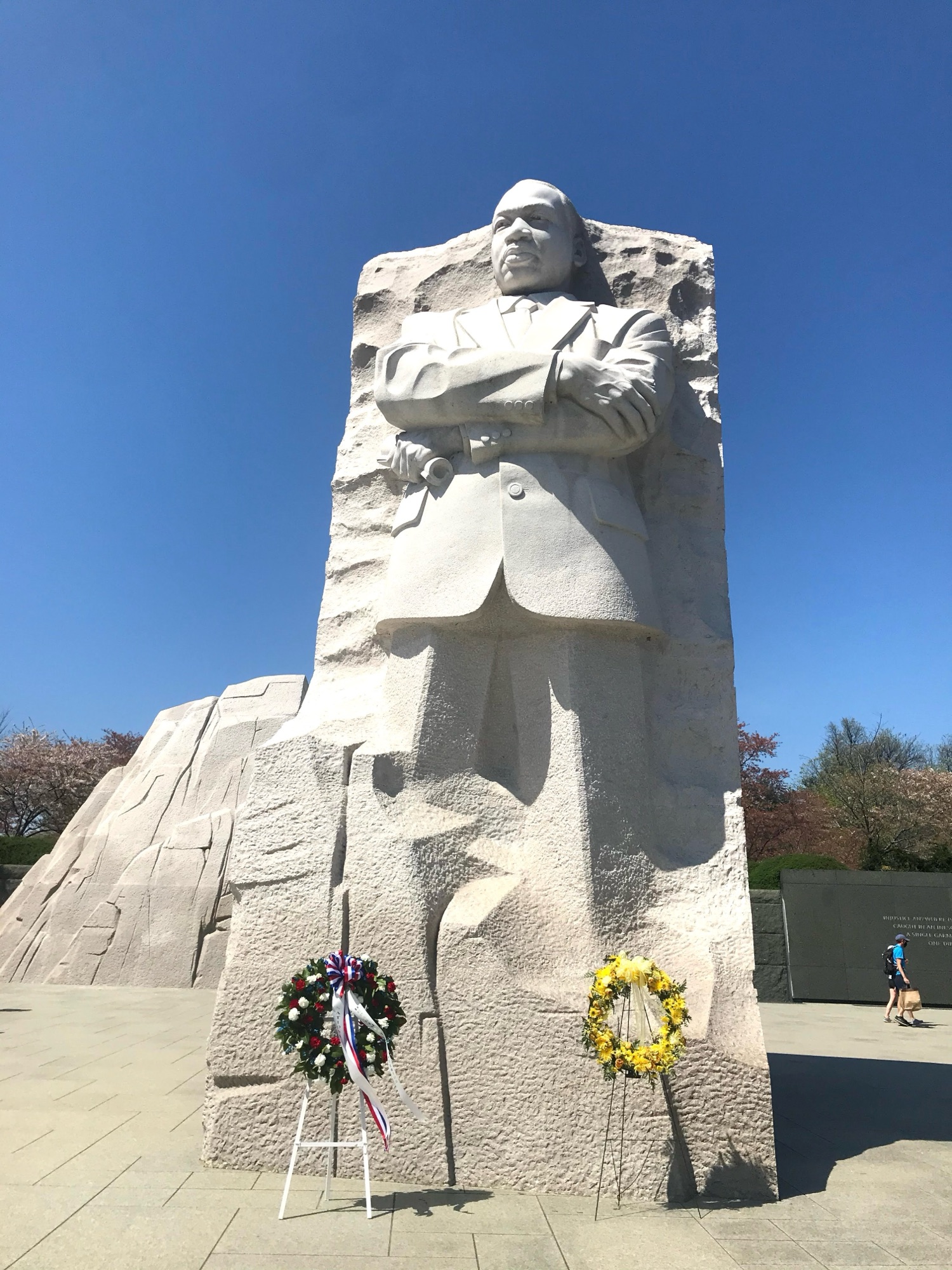Martin Luther King, Jr.: Unraveling a Co-opted Narrative – A Journey through the Multifaceted Social Justice Warrior
Martin Luther King, Jr., a towering figure in the American Civil Rights Movement, has become an icon whose legacy is often distilled into a sanitized narrative. Over the years, the complexities of his beliefs and the full extent of his activism have been overshadowed by a simplified version of his story—one that emphasizes a dream but often neglects the depth of his commitment to social justice.
The co-opted narrative of King tends to focus primarily on his role in advocating for racial equality, painting him as a passive dreamer rather than the dynamic, multifaceted activist he truly was. This introduction seeks to unravel the layers of King’s legacy, shedding light on lesser-known aspects of his passion for global justice, economic equity, and his unwavering commitment to challenging societal norms.
As we delve into the nuanced dimensions of Martin Luther King, Jr.’s life, we uncover a man whose vision extended far beyond the dream, encompassing a comprehensive pursuit of justice that continues to inspire and challenge us today.
1. Racial Equality Beyond Borders
Martin Luther King, Jr.’s commitment to racial equality extended globally. He ardently spoke against apartheid in South Africa and expressed solidarity with the anti-colonial struggles in Africa. King’s vision transcended national boundaries, underscoring the interconnectedness of the fight against racism on a global scale.

2. Economic Justice and the Poor People’s Campaign
While widely recognized for his work in civil rights, Martin Luther King, Jr. was equally passionate about economic justice. The Poor People’s Campaign, his brainchild, aimed to address economic disparities, advocating for fair wages, affordable housing, and an equitable distribution of wealth. King understood the inseparable link between poverty and racial injustice, championing a comprehensive approach to societal transformation.
3. Education as the Key to Equality
King believed in the transformative power of education. Beyond desegregation, he advocated for equal educational opportunities for all, emphasizing the need to bridge gaps in resources and quality. King’s lesser-known speeches underscore his conviction that education is a cornerstone in dismantling systemic injustices.
4. Opposition to the Vietnam War
In a lesser-known aspect of his activism, Martin Luther King, Jr. boldly spoke out against the Vietnam War. His “Beyond Vietnam” speech in 1967 criticized the war as morally unjust, connecting the struggle for civil rights with the fight against militarism. This stance showcased King’s commitment to justice on multiple fronts, challenging societal norms and advocating for a more compassionate world.
5. Interfaith Solidarity for Justice
King’s commitment to justice was deeply rooted in his faith, but he also recognized the importance of interfaith collaboration. He engaged in dialogues with leaders from various religious traditions, promoting unity in the pursuit of justice. This lesser-known facet of his activism highlights King’s inclusive approach to social change.
Martin Luther King, Jr.’s legacy as a Social Justice Warrior is multifaceted, encompassing not only racial equality but also economic justice, global solidarity, and a holistic vision for a better world. His lesser-known endeavors reveal a man driven by a profound sense of morality and a tireless dedication to creating a more just and equitable society.
Discover more from DG Speaks
Subscribe to get the latest posts sent to your email.




Your insight here is profound and needs to be the focus of all King Holiday events across the country. Everyone knows of the dream and the infamous “free at last, free at last, thank God almighty I’m free at last.” More people need to discuss the complexities of his dream and understand each generation’s and individual’s responsibility to join in the dream and act to move it forward. Otherwise, it becomes only a dream that, like all unrealized dreams, die of inactivity.
Absolutely, that why the messaging is co-opted the way that it is. Those in power do not want us to truly operate as he did. Then, like him, we’d be a threat to that system. Instead, they feed us messaging that keeps us docile and compliant.